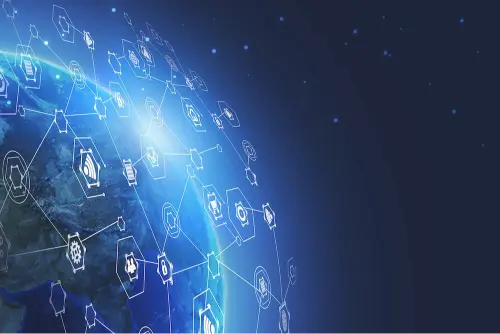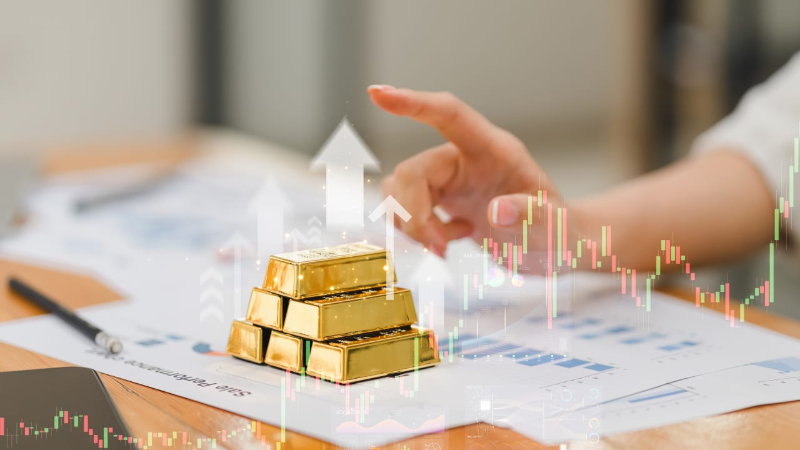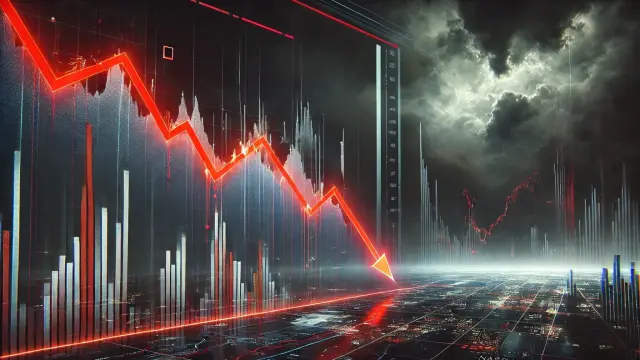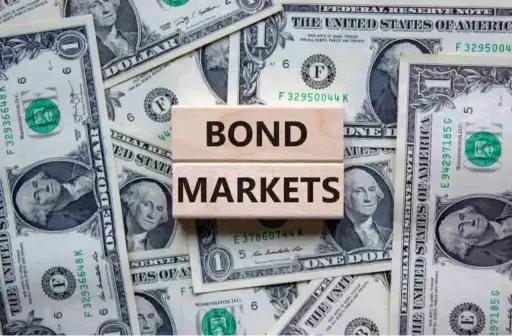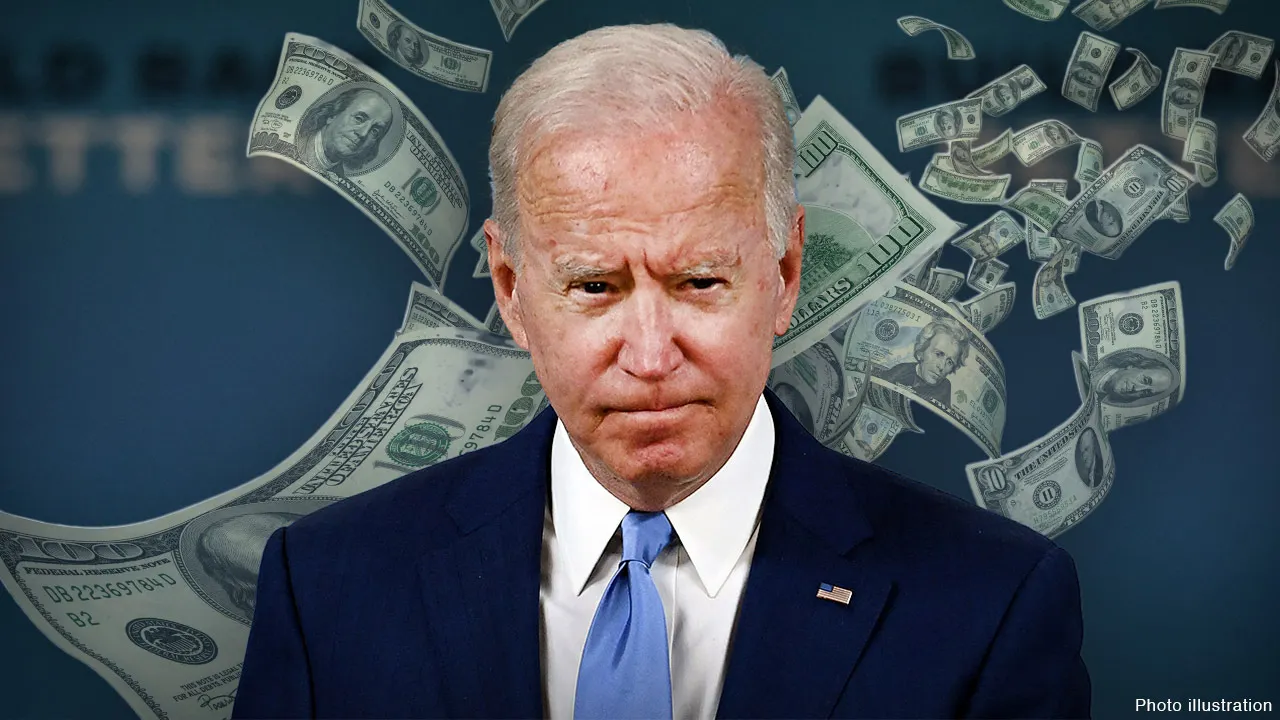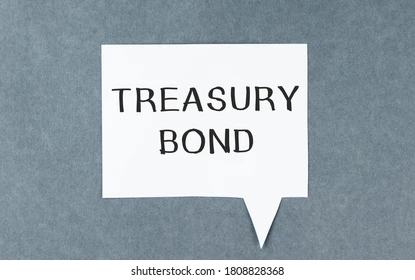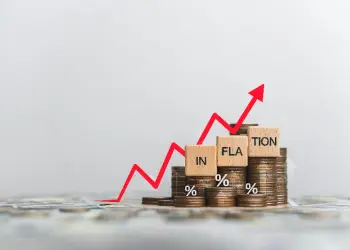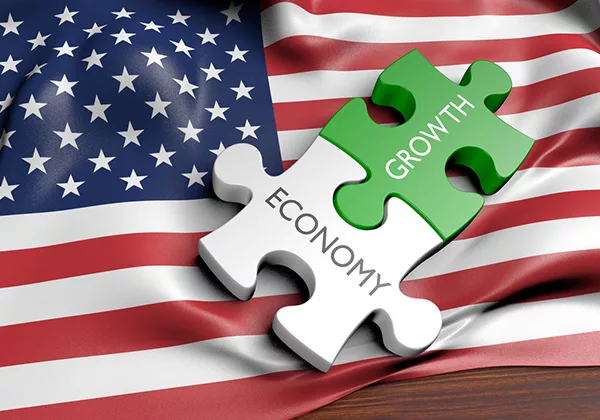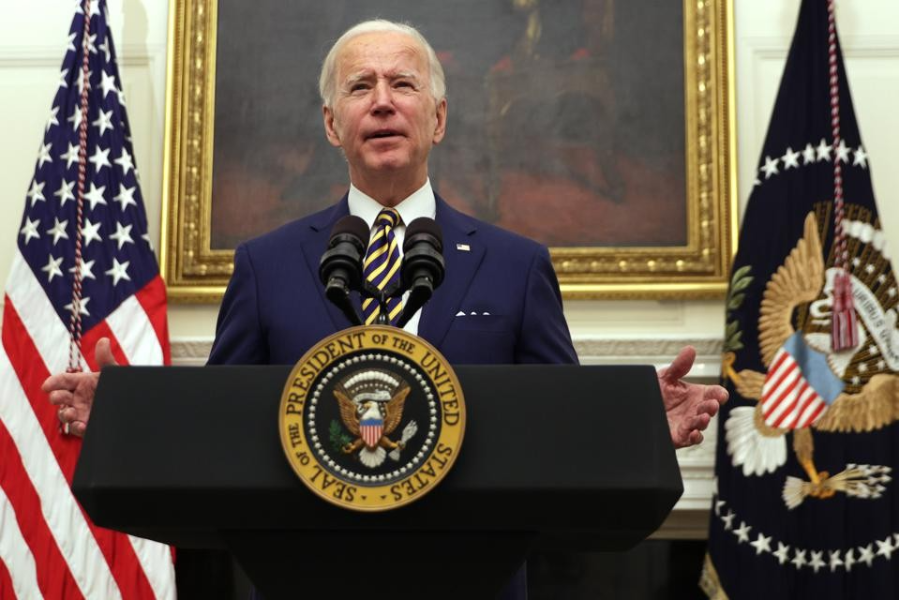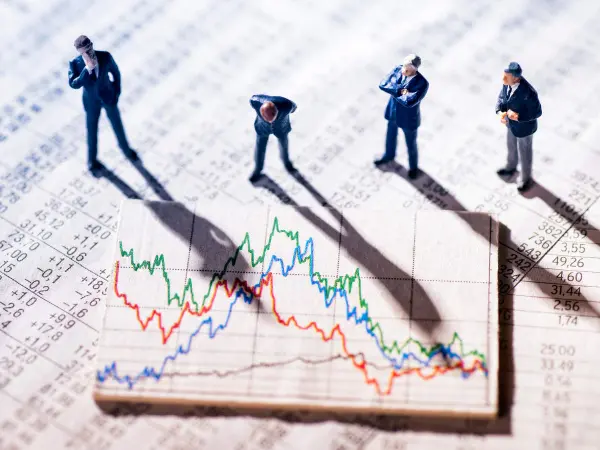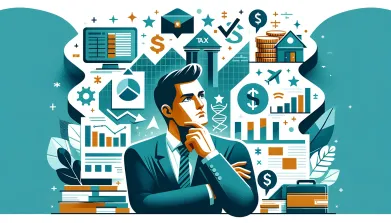Global Economic Trends in 2025 – Key Factors Shaping the World Economy
The world economy in 2025 faces major shifts due to inflation, interest rate policies, trade agreements, and technological advancements. Find out which trends will define the global financial landscape.
Discover the biggest economic trends of 2025, including inflation, interest rates, global trade, and digital currencies.
Inflation & Interest Rates – What’s Next?
- U.S. Federal Reserve Policy: Will interest rates rise, fall, or stabilize?
- Global Inflation Trends: How different regions are managing price surges.
- Impact on Consumers: Effects on savings, mortgages, and cost of living.
Global Trade & Supply Chain Shifts
- China’s Economic Slowdown: How it affects global imports and exports.
- Reshoring & Nearshoring: Countries bringing manufacturing closer to home.
- Trade Agreements: Key changes in U.S., EU, and Asia-Pacific trade policies.
The Future of Digital Currencies & Central Bank Digital Currencies (CBDCs)
- U.S. Digital Dollar: Will America introduce an official CBDC?
- China’s Digital Yuan Expansion: Its role in global transactions.
- Crypto Market Trends: Bitcoin, Ethereum, and regulatory updates.
Stock Markets & Investment Trends
- Tech Stocks Rebound: AI, semiconductor, and green tech investments.
- Emerging Markets: Opportunities in India, Brazil, and Southeast Asia.
- Sustainable Investing: Growth of ESG (Environmental, Social, Governance) funds.
Real Estate & Housing Markets in 2025
- Mortgage Rates: How interest rate changes impact homebuyers.
- Housing Affordability: Rising costs and housing shortages worldwide.
- Commercial Real Estate: The future of office spaces and remote work trends.
AI & Automation’s Impact on the Economy
- Job Market Disruptions: Sectors affected by automation and AI.
- AI-Driven Productivity: How businesses are leveraging AI for efficiency.
- Ethical & Legal Challenges: Regulation and responsibility in AI use.
Energy Markets & Green Economy
- Oil & Gas Prices: Effects of global demand and geopolitical tensions.
- Renewable Energy Growth: Solar, wind, and EV battery advancements.
- Carbon Tax Policies: How governments are tackling climate change economically.
Wealth Inequality & Economic Policies
- Tax Reforms: Countries changing tax laws to address income gaps.
- Universal Basic Income (UBI): Experimenting with new economic models.
- Wealth Redistribution Efforts: Policies aimed at reducing economic disparity.
The global economy in 2025 will be shaped by inflation, trade, digital currencies, and AI-driven innovations. Investors, policymakers, and businesses must stay ahead of these trends.









